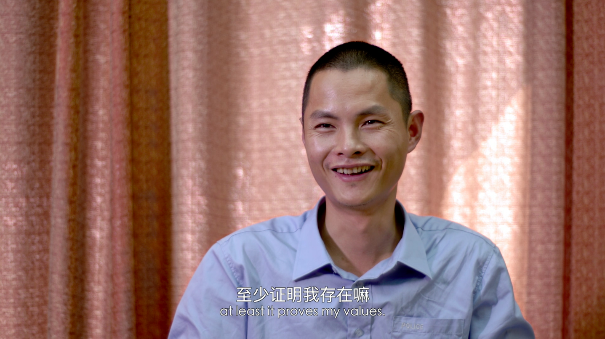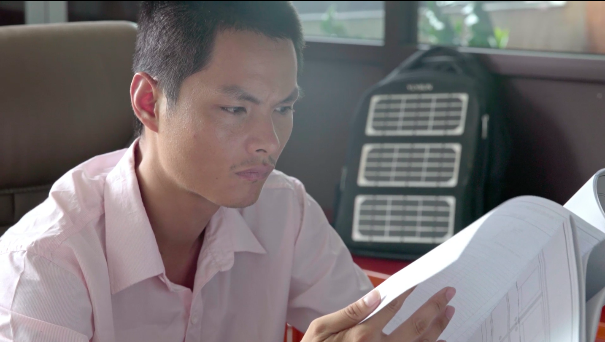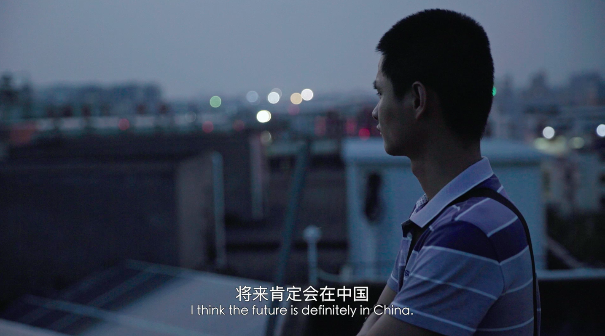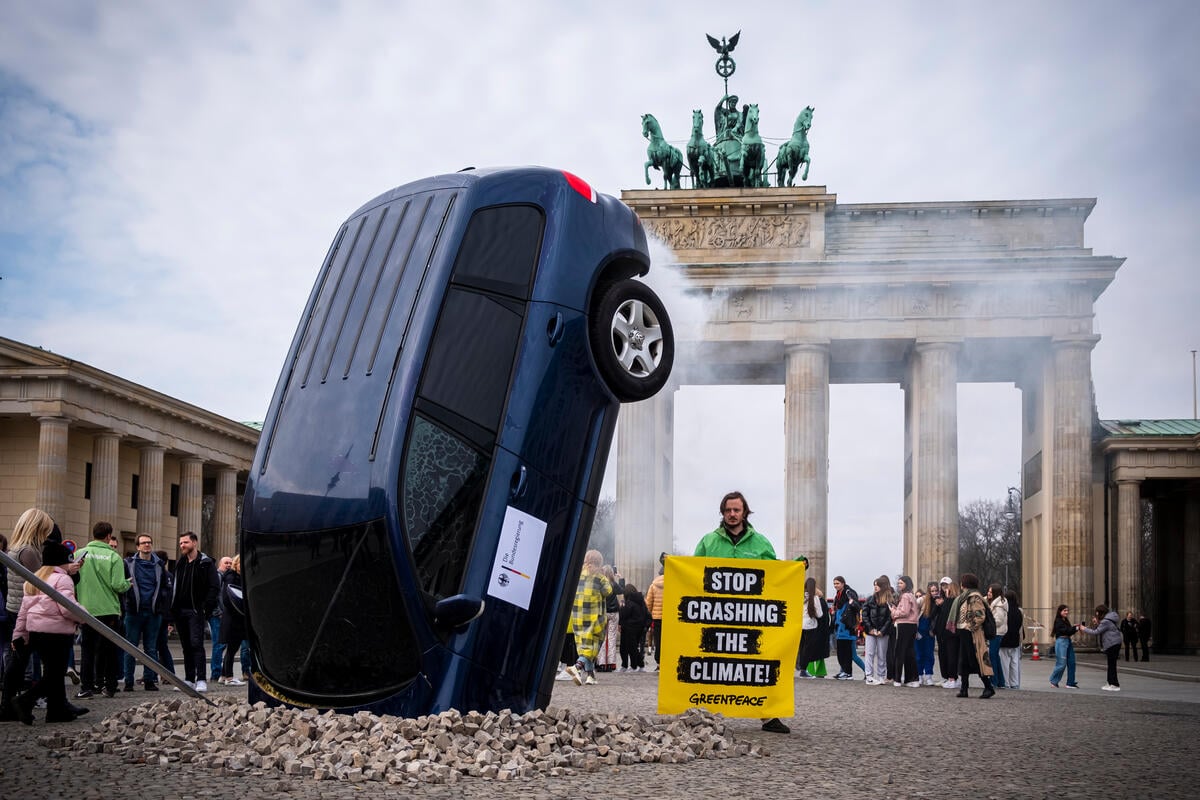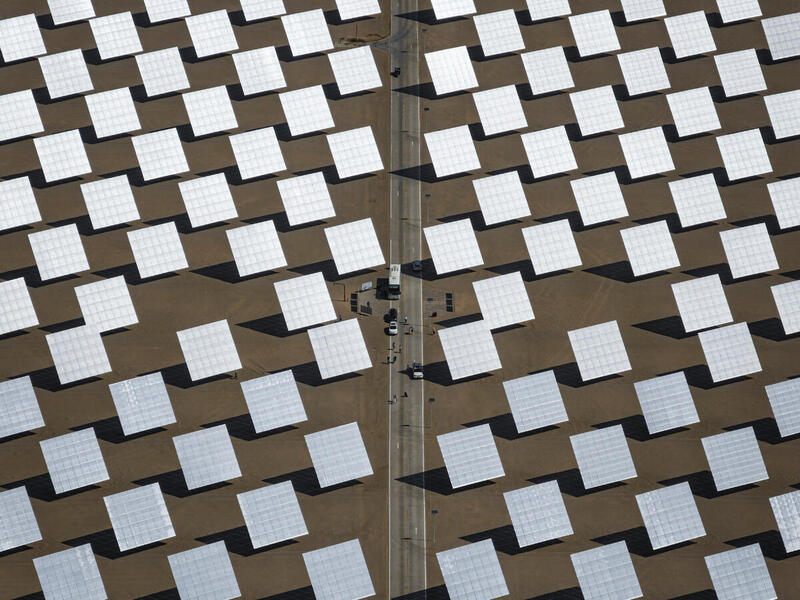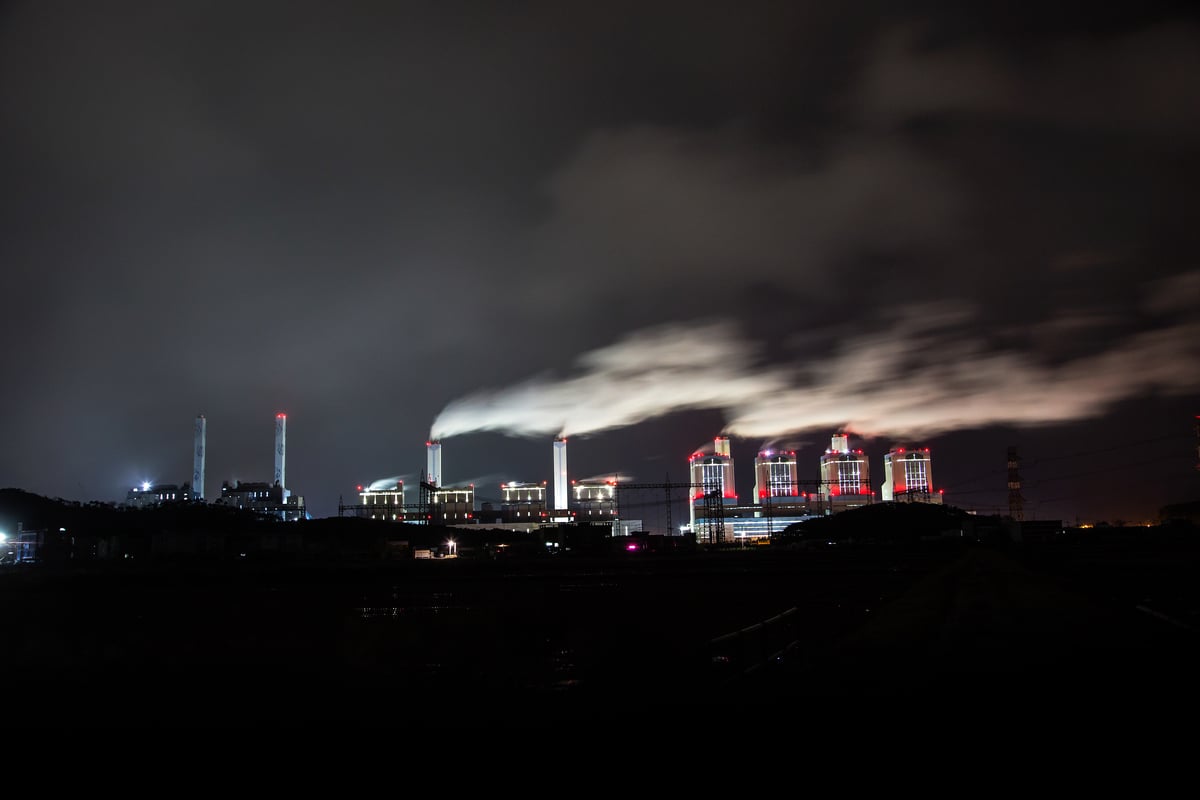For eight years, Luo Yufei has had a big dream: to establish solar projects in his hometown in Guangdong Province.
It was Luo Yufei’s university professor who sparked his interest and passion for solar. “He told us to go out and do big things. Not to join this industry with the goal of making a lot of money, but to do something truly meaningful”.
Eight years later, it is clear that Yufei has more than taken this lesson to heart, working as a technical advisor, or ‘PV doctor’ for solar installations, for free.
Small-scale solar projects are key to China’s solar revolution and solar capacity is set to soar. Wind and solar power currently make up 5.2% of China’s overall energy mix: by 2030, this will swell to a predicted 20%.
Distributed solar will play an increasingly crucial role in the transition. These small-scale solar installations can be found smattered across rooftops and throughout the country, from the highrises of Shanghai, to remote, poverty stricken areas of Anhui Province.
Though full of promise, the distributed solar industry is still in its fledgling stages. Technology, and crucial information on at-home solar installations is less than comprehensive, meaning people with the technical know-how to help install and fix solar panels are crucial to the healthy growth of the sector.
After graduating, Luo Yufei returned to his hometown Meizhou, a northeastern city of Guangdong province, with the hopes of kick-starting the local solar industry. But he ran into difficulties: “Meizhou isn’t like Shenzhen, or one of these big, developed places.”
At the time, there wasn’t a single solar power station in operation.
Wanting to drag his hometown into the 21st century and realizing that a little faith was all that was needed, he built his own small 5KW power station. Once people saw that it was possible, he reasoned, they too would come around to the idea.
But when he applied to the local authorities to get hooked up to the State Grid, he was laughed out of the office. “They…told me it was impossible.” After three months of delays, he decided to go ahead and install his own homemade solar power system himself. He invited the inspectors from the State Grid to come and see for themselves that there was no danger and that solar was viable.
“Once they’d seen for themselves that it wasn’t dangerous and that it worked, they approved it almost at once”. This paved the way for future applicants to have a much smoother application process. He also made his own designs and application templates available for others to use to make the process easier.
Eight years on, Luo Yufei spends most of his time on the road as a technical adviser or self-styled ‘PV plant doctor’, offering his services for free.
He still runs into obstacles when trying to promote PV technology. Many installations won’t see a returning profit for the first few years: people are put off by overly technical language ; and many people simply aren’t interested. But Yufei hasn’t been deterred yet.
“The first thing I learnt at university was how to build a power station. Now I’m bringing that to my home town… I’m not getting a lot of [financial] benefit from this, but I do it anyway. I enjoy it. And if I keep doing this, people will know that this technology can really do something!”
After eight years chasing this dream, Luo Yufei is still a firm believer: “In the future, solar will be all over China. By 2050, we’ll be able to buy small PV systems at the hardware shop, just like buying a TV.”
“When it comes to the solar industry, the future is definitely in China”.
Anna McGurk is a content editor at Greenpeace East Asia

